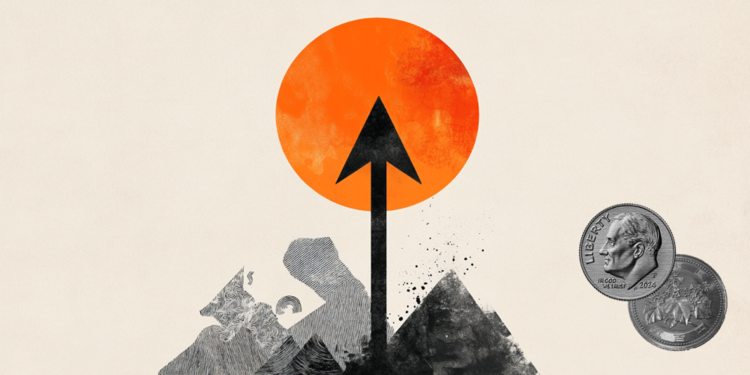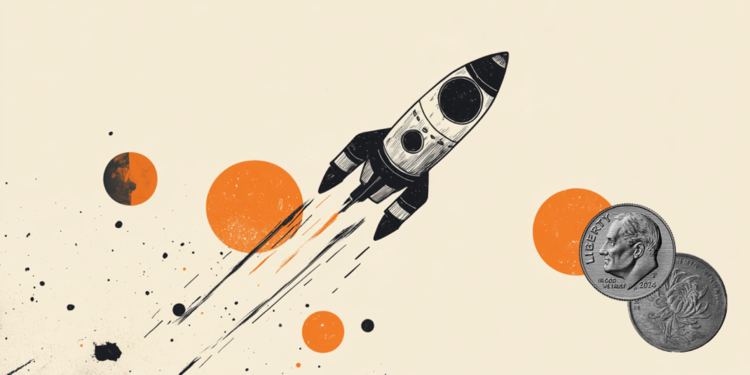A slowdown in fighting in Ukraine is expected by US intelligence agencies, noting that the will of Ukrainians to fight will not diminish, despite the blows to the power grid and other critical infrastructure for the winter.
“We’re already seeing a sort of reduction in the rate of fighting (…) and we expect to probably continue to see the same thing in the coming months,” their director, Avril Haynes, said at the Reagan National Defense Forum held in California.
The Armed Forces of Ukraine and Russia will seek to resupply, re-equip and prepare to fight back after winter, but it remains to be seen how things will play out, Ms Haines pointed out.
“In fact, we are rather skeptical about whether and to what extent the Russians will be, or will not be, ready to go ahead with this (the counterattack). I am more optimistic about the Ukrainians in this time frame”he said.
Asked about the ongoing Russian strikes on the power grid and other political infrastructure, DNI Haynes said Moscow’s goal in part is to break Ukrainians’ will to fight, adding “I don’t think we have any indication” that this is happening.
He added that Russia appears intent on reducing Ukraine’s ability to continue the war, recognizing that the Ukrainian economy is taking a heavy hit.
The tactic “may in time, obviously, have an impact. How much impact will depend on how much they destroy, what they are capable of doing, the resilience of critical infrastructure, our own ability to help them (including the Ukrainians) defend it.”
“The Ukrainian economy is suffering a lot (…) and obviously the shocks to the power grid will also have an impact” in activity, summarized.
According to the head of the US intelligence services, Vladimir Putin is “surprised” his army hasn’t achieved more. “I think he has a better understanding of the challenges facing the (Russian) military. But it is still not clear if he has the full picture of how big the challenges are (…). We’re seeing ammunition shortages, low morale, supply problems, logistics problems, a whole host of issues that he’s dealing with,” he said.
Always from Mrs. Haynes’ point of view, Mr. Putin’s political goals in Ukraine have not changedbut the US intelligence services believe that it can reduce expectations in the short term, “temporarily”, on the grounds that “it will come back later”.
According to US intelligence, Russian military is running out of supplies, especially ammunition, ‘rather quickly’. This “is truly unprecedented” and “our sense is that it is not able to replenish, based on domestic production capabilities, what it consumes at this stage.”
That is why, he continued, “you see them (including the Russians) going to other countries to secure ammunition (…) we have pointed out that high-precision ammunition runs out much faster.”
DNI Haynes reiterated that the US has seen “some movement” in the supply of ammunition from North Korea, but “it’s not a large amount at this stage,” she added.
Pyongyang has denied claims by US officials that it supplies ammunition, particularly shells for its heavy artillery, to Russia.
Ms Haynes also insisted that Iran was supplying Russia with UAVs, adding that Moscow was looking at what other precision munitions it could receive from Tehran, which she said was “very worrying”.
The war in Ukraine will be ten months old in December.
Source: News Beast
Bruce Belcher is a seasoned author with over 5 years of experience in world news. He writes for online news websites and provides in-depth analysis on the world stock market. Bruce is known for his insightful perspectives and commitment to keeping the public informed.







